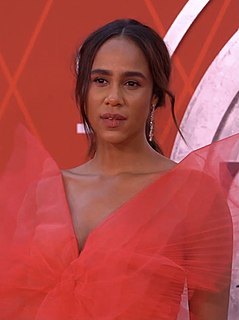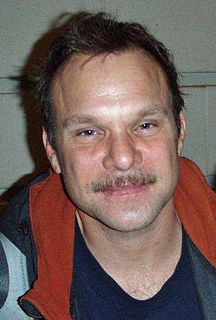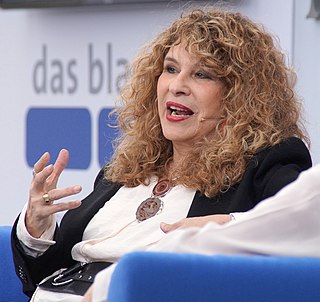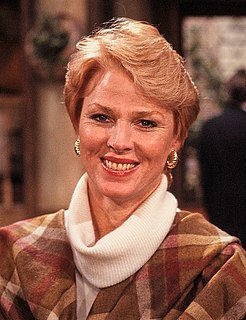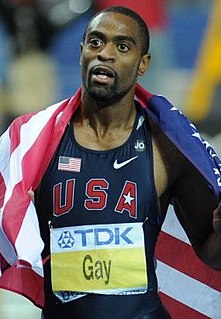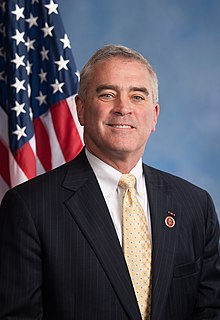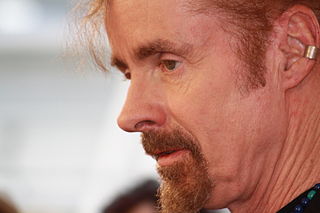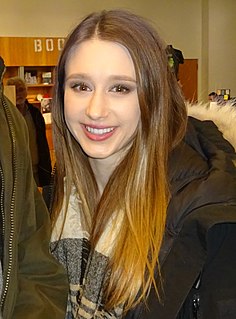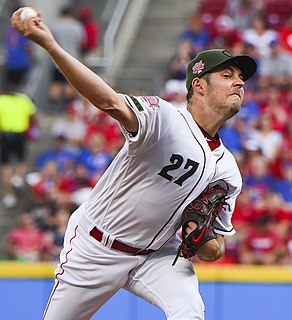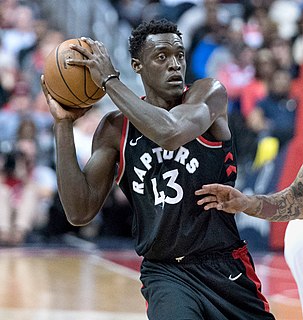A Quote by Robert Eggers
We grew up on Harold Pinter, Sam Shepard, Samuel Beckett. You're making something about men on the verge of a nervous breakdown, you're going to look to those guys.
Related Quotes
Samuel Beckett is the person that I read the most of - certainly the person whose books I own the most of. Probably 800 or 900, maybe 1,000 books of just Samuel Beckett. By him, about him, in different languages, etc. etc. Notebooks of his, letters of his that I own, personal letters - not to me, but I bought a bunch of correspondence of his. I love his humor, and I'm always blown away by his syntax and his ideas. So I keep reading those.
At Princeton I wrote my junior paper on Virginia Woolf, and for my senior thesis I wrote on Samuel Beckett. I wrote some about "Between the Acts" and "Mrs. Dalloway'' but mostly about "To the Lighthouse." With Beckett I focused, perversely, on his novels, "Molloy," "Malone Dies," and "The Unnamable." That's when I decided I should never write again.
When I was a very young student I loved and admired the work of Sam Beckett, who is famously pessimistic, and whose writing is an extraordinary examination of emptiness. I wanted to be like Beckett. I don't have the same attitude toward the world, I'm naturally optimistic, and so of course I could never be like Beckett. You can't force yourself to become like someone you admire.
I grew up going to Dodger Stadium and I would look out there on the field with my dad and say, 'Man, those guys are superstars.' And they were. But they almost had this extraterrestrial feel to them, like it wasn't achievable. It wasn't a tangible goal because I didn't know anything about the players.
Scoring, that's my thing... Didier Drogba, Samuel Eto'o, those were the guys that we looked at as kids like, 'Man, they're doing it, and they're doing it at a high level.' We would see them on TV. So, it wasn't much about basketball, to be honest, it was just those type of athletes. Those guys were the guys that we looked at as kids.

